Life’s greatest levels of enlightenment derive from the journeys you take and the people you meet; for me, this idiom could not have possibly stood stronger during the 2011 Wine & Law Program on Transnational Wine Trade Law in Champagne, France. My acceptance to the Wine & Law Program last winter produced much excitement amid my family, but the level of instruction and guidance received by the Program’s convocation was, for me, truly momentous.
On Monday, June 20, 2011, eight students gathered in a classroom at the Université de Reims Champagne-Ardenne, excitedly awaiting their first lesson on wine law. We arrived from four countries (United States, Greece, Spain, and China) and brought with us impressive, but applicable, backgrounds from a variety of companies and professions (Moët Hennessy, Domaine Carneros, Rhône Valley Wines, one wine law lecturer, and five attorneys, inclusive of one law school student). Throughout the upcoming two weeks, we were to be instructed by Stephen Charters, professor of Champagne Management at the Reims Management School and one of only 240 Masters of Wine in the world; Theodore Georgopoulos, senior lecturer at Reims Law School and responsible for Research on Wine Law at the Université of Reims Law School (“Vine & Wine Project”); Justin Cohen, lecturer and researcher at Ecole Supérieure d’Agriculture d’Angers and in charge of the marketing and economics program in the International Master Vintage degree; Richard Mendelson, attorney at the U.S. wine law firm Dickenson, Peatman & Fogarty and lecturer in Wine Law at U.C. Berkeley School of Law, where he is also the director of the Program on Wine Law and Policy; and Chi Carmody, Associate Professor and Canadian Director of the Canada-United States Law Institute at the University of Western Ontario Faculty of Law in London, Ontario, Canada.
The History of the Wine & Law Program in Champagne, France
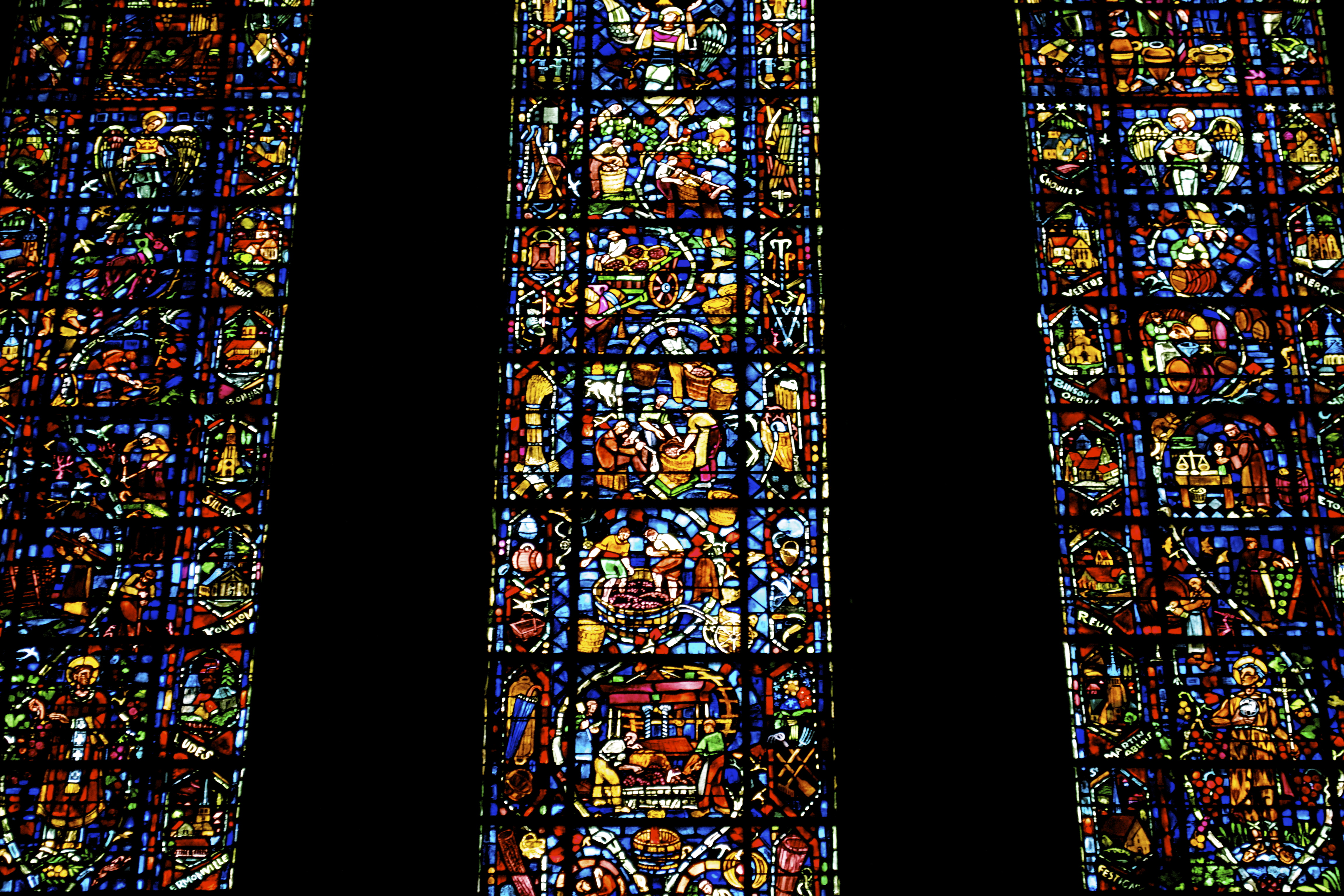
The Wine & Law Program was established last year, during the Summer of 2010, under the direction of Dr. Theodore Georgopoulos. The summer curriculum is a two-week, intensive program that focuses on a global topic accompanied by a subset of courses, with graduates of the Program obtaining a University Diploma; the Program also offers a Masters degree over the course of one full-time year. The Wine & Law Program is taught at the Université de Reims Champagne-Ardenne in Reims, France. Reims is located in the Champagne region of France, one of the most protected regions of wine production under French law. It is truly only suitable that the Wine & Law Program is taught in such a highly regulated area, as our studies included not only overviews of wine law in the United States, the European Union, Australia, and Canada, but also trips to the surrounding region to learn about the legal protections of growing and producing the sparkling wine Champagne. The ability to understand—and to grow to appreciate—the directives of the Champagne region of France from our in-class lectures and discussions is what constructs the heart of this Program, as well as contributes to its widespread successes.
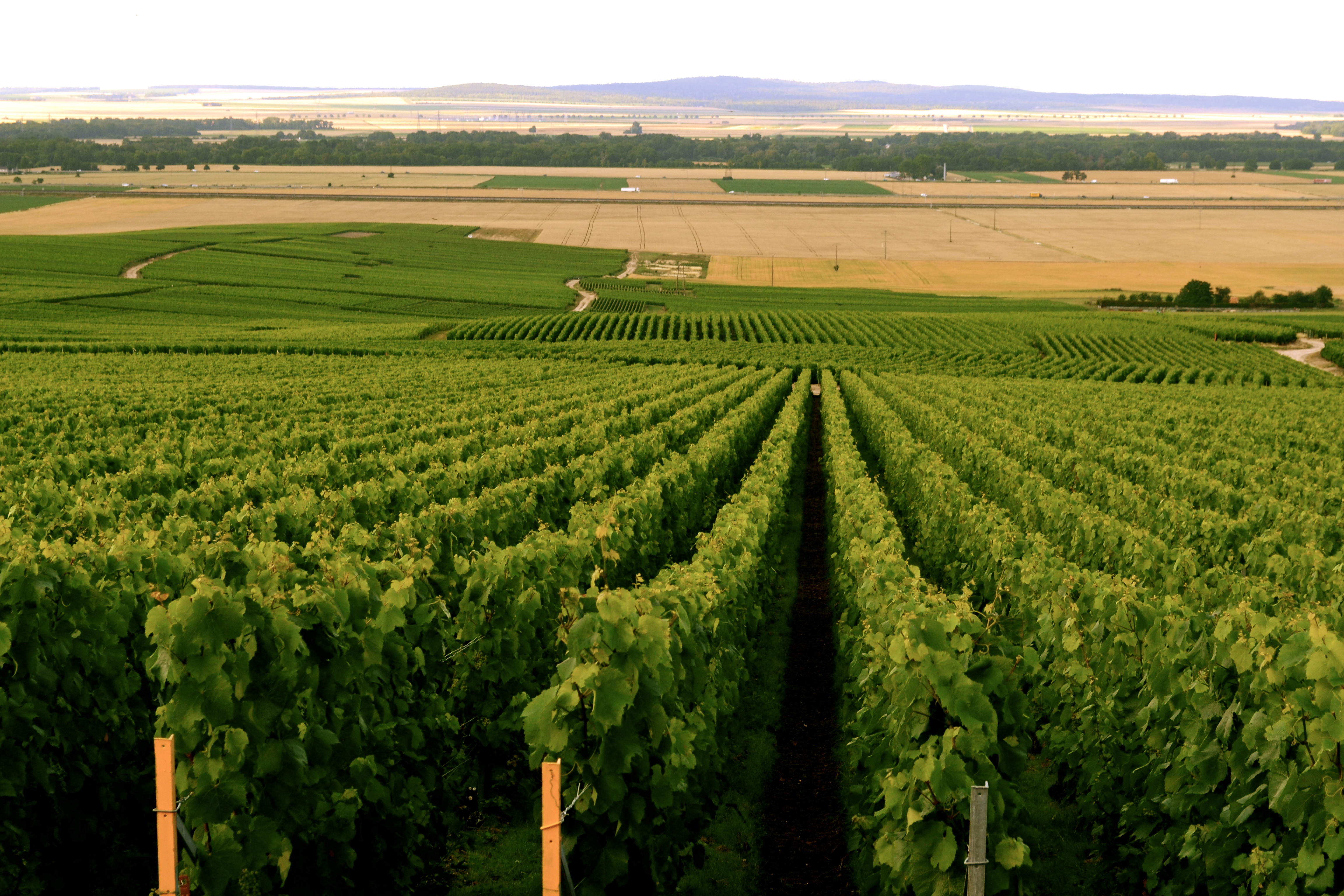
Last year, the program instructed students on European Union Wine Law and brought professors and professionals from a variety of European countries to conduct lessons. Its first class of eight students graduated on July 13, 2010 at Trianon, Moët & Chandon after the first Annual Global Wine Law Lecture held by Mr. Yves Bênard, President of the International Organization of Vine and Wines and the Wine and Spirits Committee of the Institut National des Appellations d’Origine. This summer, the program focused on Transnational Wine Trade Law, which was especially appropriate after the ratification of the new EU-Australia wine trade agreement last fall. The second class graduated on July 2, 2011 at the Maison de Verzy of the champagne house Veuve Clicquot Ponsardin after a spectacular presentation by Ms. Margaret Henriquez, President of the Krug Champagne House, at the Second Annual Global Wine Law Lecture. For a program that just celebrated its first birthday, the opportunities it avails and connections it has since developed are impressive and incomparable to any other.
The Summer 2011 Session of the Wine & Law Program
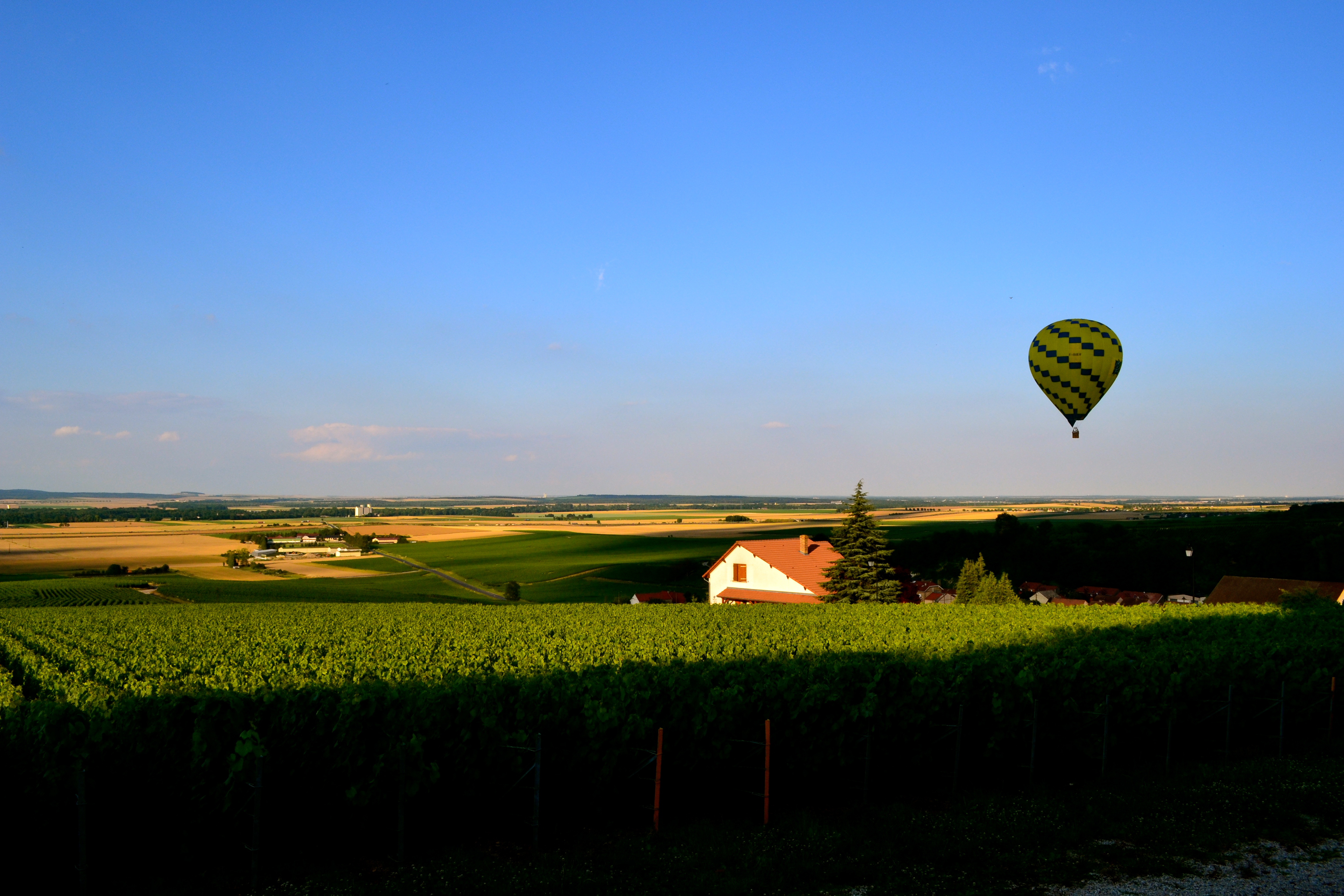
Our two weeks of intensive instruction surveyed the following areas: (1) wine history and economics; (2) EU-U.S. wine marketing; (3) EU wine law; (4) U.S. wine law; and (5) alcoholic beverages in international trade. We received a comprehensive background on the overtones of U.S. history and Prohibition-era regulations on wine law from Professor Mendelson, who emphasized that an understanding of our nation’s history with and treatment of wine and liquor is essential to interpreting the contemporary U.S. federal and state legislation of alcoholic beverages. Additionally, Professor Mendelson examined the federal regulations, specifically the Internal Revenue Code and the Federal Alcohol Administration Act, of the Alcohol and Tobacco Tax and Trade Bureau (TTB), which is the primary federal agency that regulates alcohol in the U.S. We learned about the requirements under 27 C.F.R. § 4.32, which sets forth Mandatory Label Information for wines. These directives were particularly helpful guiding each of us through our in-class presentations of a case study on penetrating the U.S. market as a French wine producer.
On the opposite side of the globe, Dr. Georgopoulous relayed his experiences as an EU wine lawyer. After examining several subsets of EU law—including an overview of the institutional and substantive EU wine law, free movement of vines and wines in the common market, taxation, protection of designation of origin and geographical indications, and the labeling of wine in the EU—we gained a more global perception of wine law and learned concepts that were particularly applicable to the region in which we were studying. The theme of global wine trade followed in our lectures with Dr. Carmody, who reviewed trade agreements and their appurtenant provisions pertaining to the wine industry, including the General Agreement on Tariffs and Trade (GATT), the World Trade Organization Agreement (WTO Agreement), and the Agreement on Trade-Related Aspects of Intellectual Property Rights (TRIPs). With respect to TRIPs, Dr. Carmody focused on Articles 22, 23, and 24, specifically noting that wine and spirits are the enumerated subjects of Article 23.
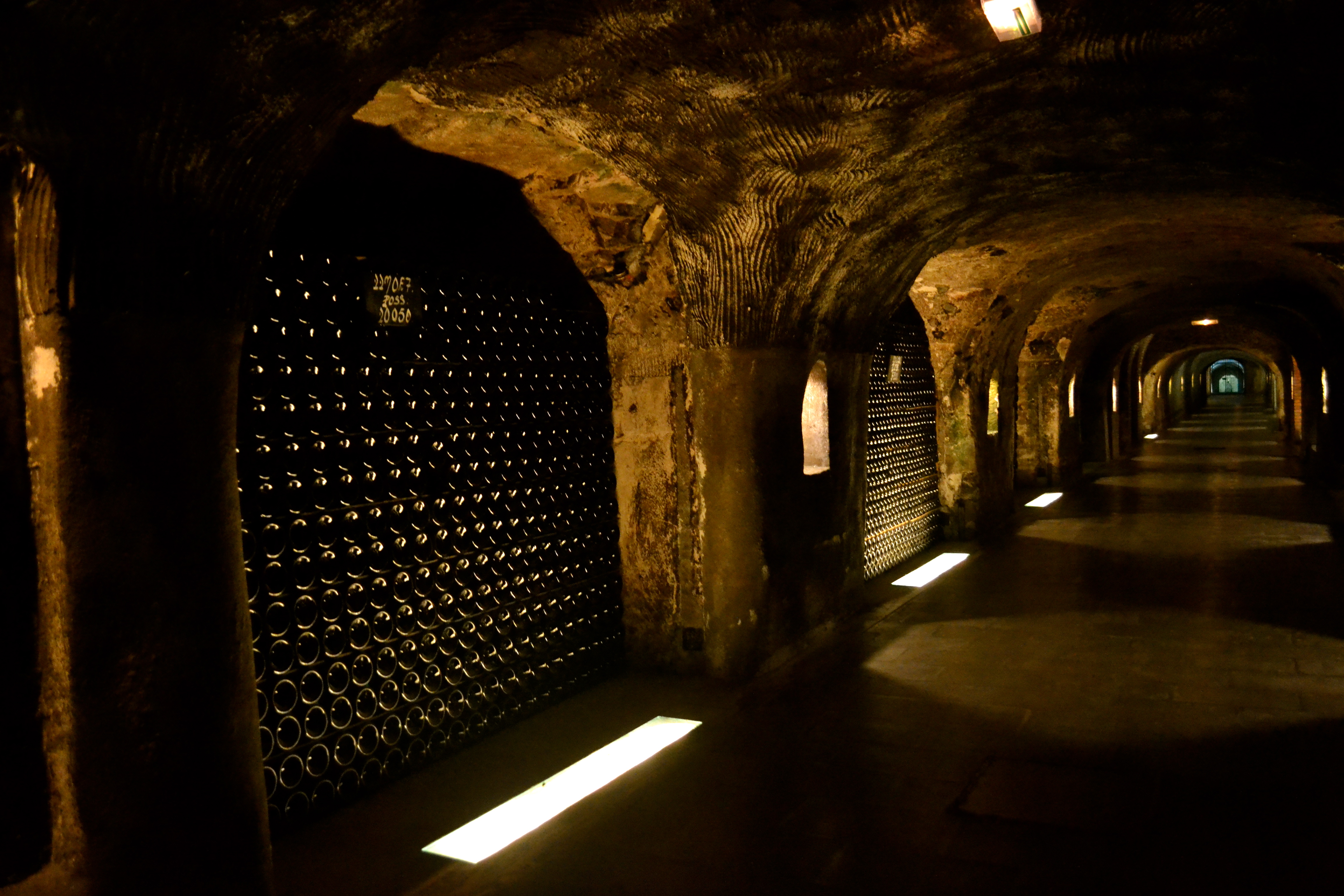
From the first day of the Program to the last day of the Program, each day was filled with six hours of in-class lessons followed by field trips to the surrounding areas. Our lessons and trips would have been incomplete had we not visited the champagne caves and tasted champagnes at several different champagne houses and producers, including Moët & Chandon, Ruinart Champagne House, and Napoléon and Paul Goerg in Vertus. Additionally, we had the pleasure of visiting the Comité Interprofessionnel du Vin de Champagne (CIVC) in Épernay to hear the experiences of Charles Goemaere, the attorney for the CIVC and responsible for the protection of the appellation Champagne.
A Progressive Glance: Direction from the Wine & Law Program
For me, the Wine & Law Program could not have possibly been more long-awaited; after “discovering” wine law on the brink of my graduation from Cornell a little over two years ago, the Program was a much-needed realm in which I could fuse together my in-class international business law background and external research on wine law with like-minded students and professionals passionate about wine and law. At the plurality of American law schools, classes specifically addressing the legal overtones of wine trade—or just wine law in general—are simply not an option to law students. This is quite an unfortunate fact, and one that will hopefully change within the next few years as the legal implications of wine and academic curiosity for wine and law grow with the American wine industry. Additionally, the Wine & Law Program is still quite young; within time, it is simply evident that forthcoming students—hopefully some of which will be aspiring wine lawyers in the States—will depart with strong lessons from their own experiences. The Program’s two-week domain, albeit it short, reaffirmed the route of my own vocational pathway and allowed me to develop additional professional goals on my trip back to the States.
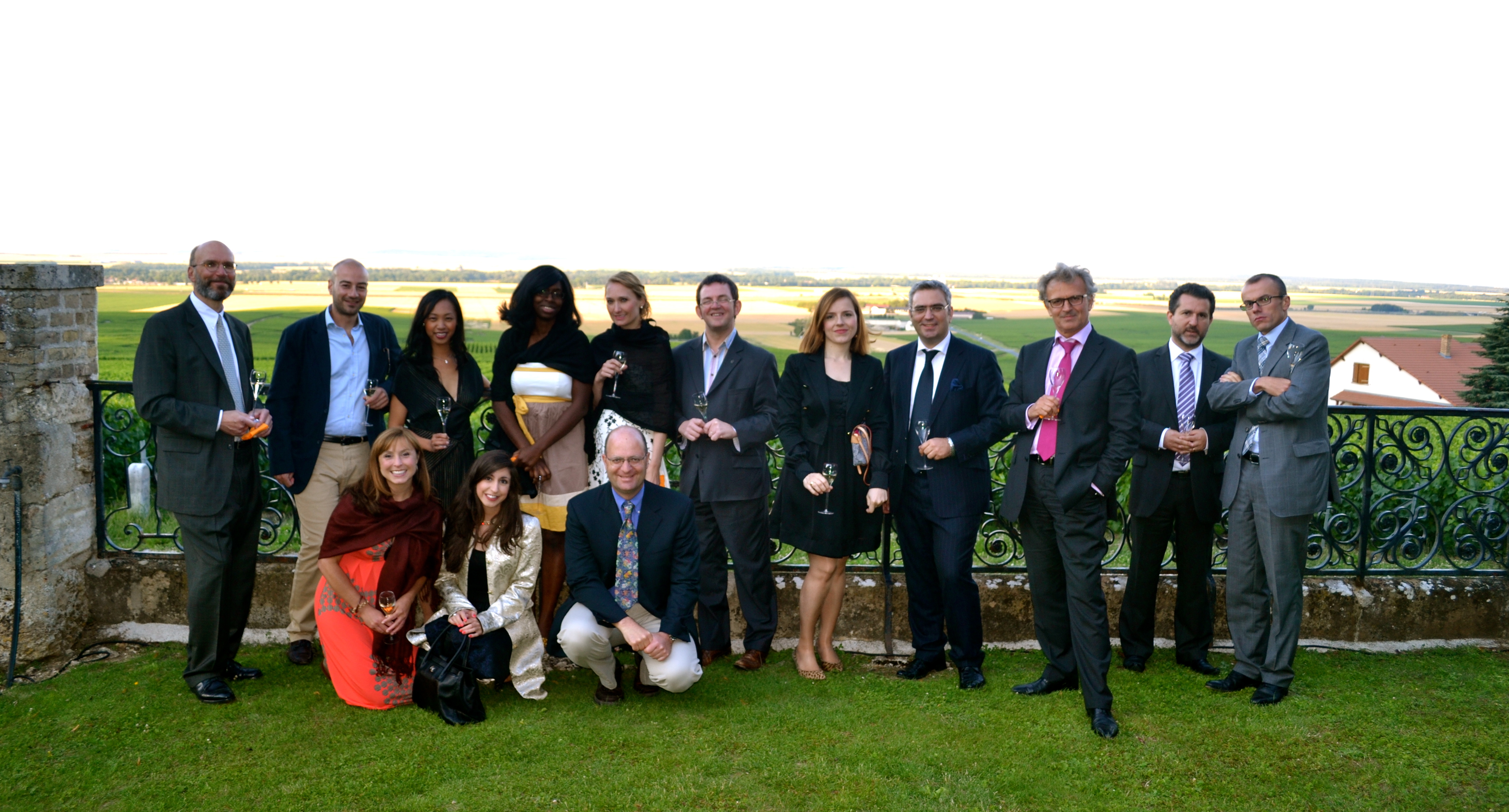
Congratulations to my fellow graduates from the second graduating class of the Wine & Law Program, Class of 2011: Eileen Fabunan, David López Lluch, Andreas Papadimitriou, Mark Pedriani, Taryn Ravazzini, and Kristina Schnur. An additional congratulations is in store for Domenico Cavallo, a graduate of the first class of the Wine & Law Program, whose ambition and zeal helped establish and christen the Wine & Law Alumni Association several days shy of the Program’s first anniversary. Gratitude is forever indebted to Professors Stephen Charters, Justin Cohen, Richard Mendelson, and Chi Carmody, whose inspirational and ingenious backgrounds with wine and law fashioned the volumes of our own scholarship. Finally, I cannot thank enough, and am eternally grateful to the guidance of, Dr. Theodore Georgopoulos, director of the Wine & Law Program. Thank you all for a summer filled with substantial professional definition, and one I shall always remember fondly.
Whereas this was an incredible journey and possibly the most directive experience of my professional life, my wine law voyage has only set sail and I still have much to learn. I am incredibly excited, but more so honored, to announce that the Center for Wine Origins invited me to Porto, Portugal this September to be educated about the production of Port wine and the legal objectives Portugal is pursuing to protect Port in the United States. After this very educational trip to Champagne, and upon learning about the regional qualities and history of Champagne, France, I could not be a stronger advocate of Truth-In-Labeling and the protection of wine place and origin. Alas, I am quite excited to learn about Port wine—a wine that is also considered to be a semi-generic wine, like Champagne, under U.S. law—in the next two months. Cheers!
Photographs are property of Lindsey A. Zahn, 2011 Wine & Law Program Université de Reims Champagne-Ardenne.
Dear Ms Zahn,
Bravo pour cet excellent article !!
Best wishes,
Fabrice Defferrard.
Merci beaucoup, monsieur!
Phenomenal entry, Laz! I’m both thrilled and proud of you – yet another step in your exciting (and libatious) journey. Looking forward to the next entry…
Thank you, Lindsey, for your amazing contribution to the Wine & Law Program. You’ll find this page posted on the Alumni Association Facebook page! See you there!